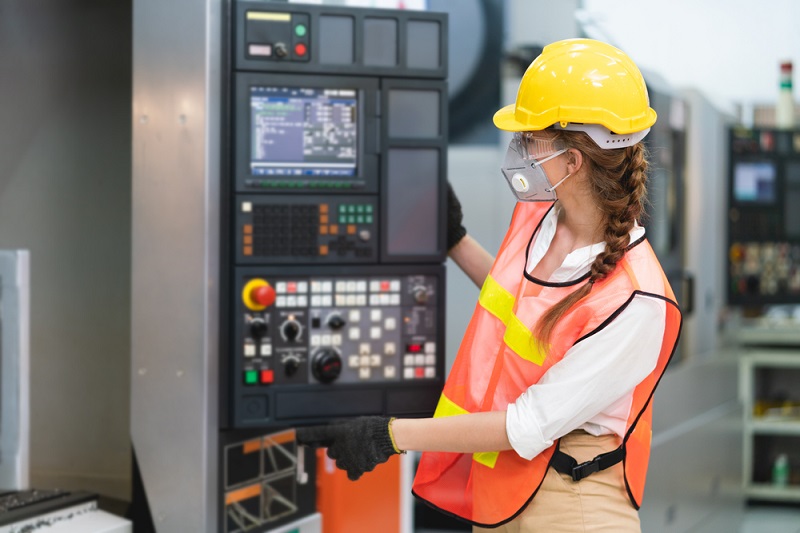How to become an electrician in Texas

AuthorJeffery Southworth
Posting date:
17 July 2020
If you are someone who enjoys working with your hands and solving puzzles, becoming an electrician might be the perfect job for you. Electrical jobs are one of the world’s most in-demand skilled trades and as our reliance on electricity increases, this demand will only continue to soar.
Texas in particular is an ideal state to start your career and work as an electrician, partly because demand is so high. For example, Houston is the second-highest employer of electricians in the U.S., ranking only behind New York City. What’s more, according to the Bureau of Labor Statistics, employment opportunities for electricians are projected to increase a full 10 percent between 2018 and 2028 – this is much higher than the average projected growth for any other occupation. This is really encouraging for anyone who has been thinking about perusing a career in this field.
To become an electrician in Texas, you’ll need to complete an apprenticeship, gain experience, and then earn certification. There are several steps to becoming an electrician, but instead of racking up debt as you study, you can start earning a wage even at the apprentice level.
Here’s how you get started on your career path as an electrician in Texas:
Level one: Getting your Apprentice Electrician License
In order to become an electrician in Texas, you must be at least 16 years old and you must also have completed either a high school diploma or equivalent GED.
The first step in the process is applying for an electrician apprentice license. With your apprentice electrician license, you can enrol in an apprenticeship or training program; the coursework typically lasts between nine months to two years. While this isn’t necessarily a requirement for the job, these programs can set you up with a background in your preferred specialty that will prove invaluable as you progress in your career. A course will also set you up with an apprenticeship which can be competitive to find, otherwise you can apply for positions on your own directly.
Level two: Getting your Journeyman Electrician License
After working for 4 to 5 years as an electrical apprentice and being under the supervision of a licensed Master Electrician for at least 8,000 hours, you will then be able to move on to your next license level and apply to become a Journeyman Electrician. In order to apply for this next level, you will need to pass the Electrician License Exam. Once you’ve completed the necessary hours and passed the exam you can legally work in residential, commercial, industrial and utility settings, either as an independent technician or as a contractor’s employee.
Level three: Getting your Master Electrician License
A top-level electrician holds a Master Electrician license. In order to qualify you must have held a Journeyman license for at least two years and you must have a minimum of 12,000 hours of on-the-job training under the supervision of Master Electrician. Once you have completed both of these requirements you can sit your Masters Exam.
A benefit to getting this qualification is that Master Electricians can charge more for their services and they are also allowed to become contractors, start their own company and hire other electricians to work with and under them.
Military experience
If you’re in the military or are a veteran, your military experience can be credited towards TDLR licensing requirements, which means you can speed up the licensing process and your work under the National Electric Code is credited so that one year of military experience equals 2,000 hours.
There are many exciting reasons to consider training as an electrician. It’s a skill which will see you through until the end of your life and there are plenty of job opportunities available to someone with electrical training. It’s a fantastic job with opportunities all over the world - and we want to help you make the most of them.
View our latest roles and take your next career step.



